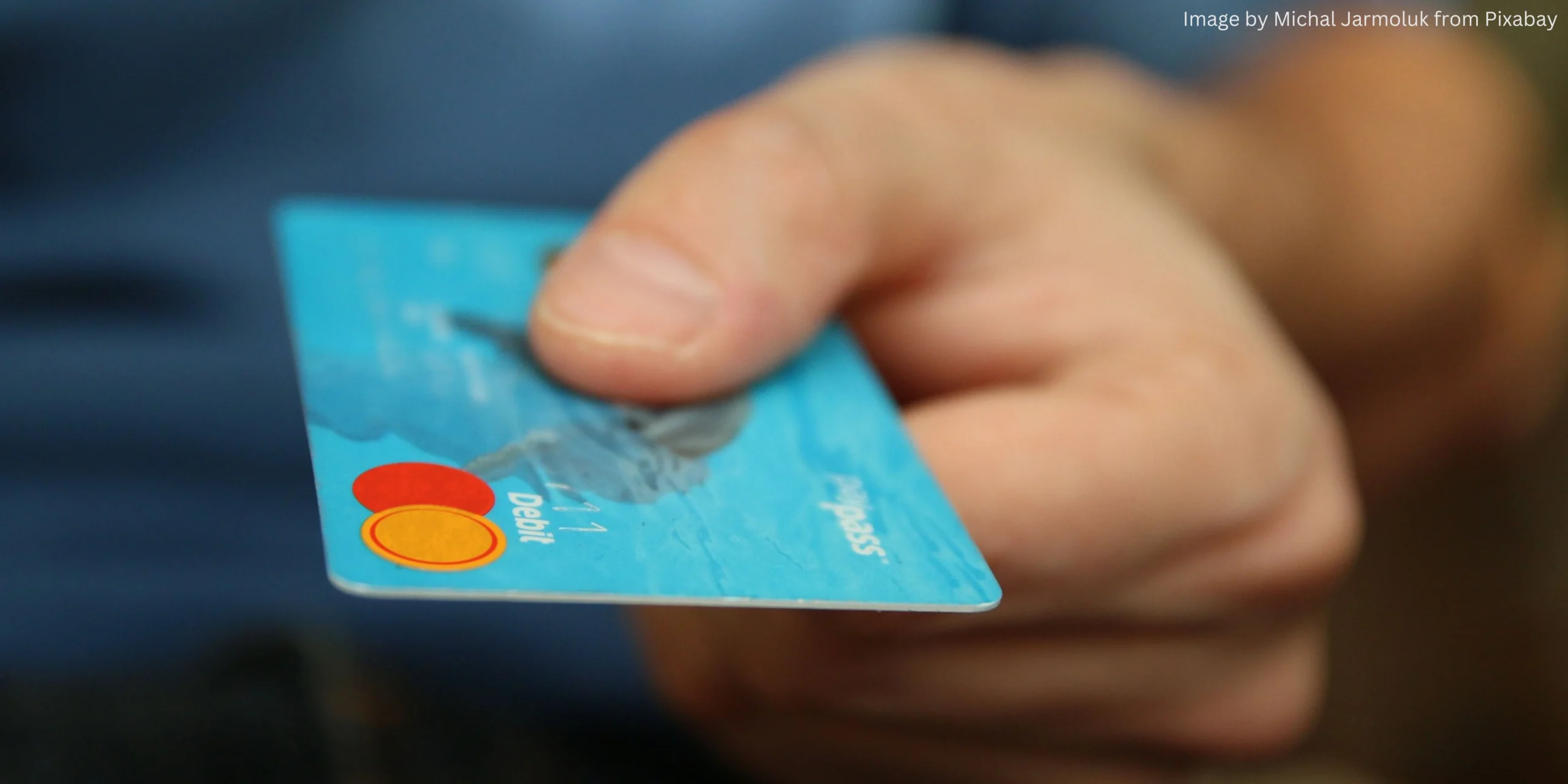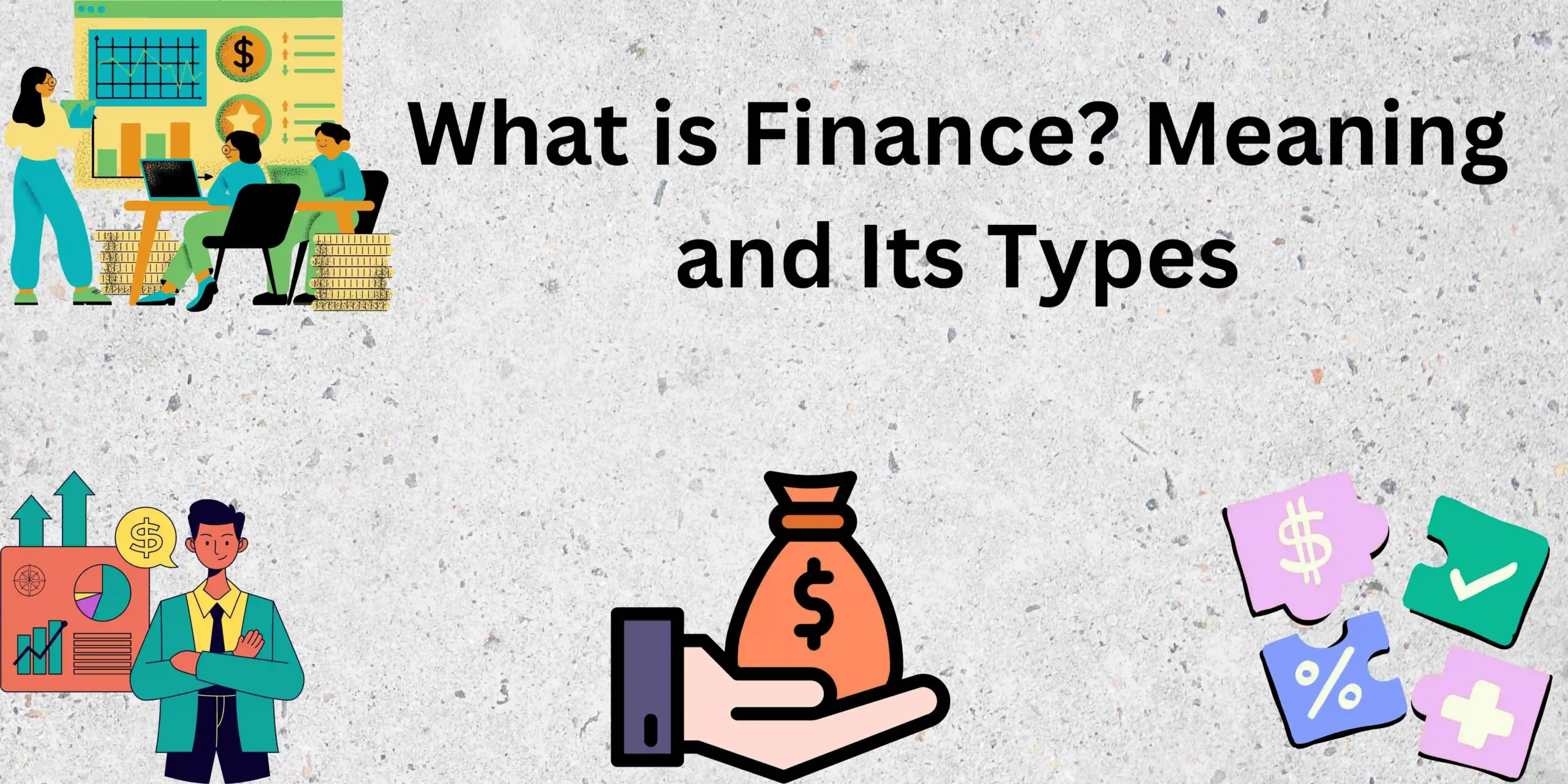What are the 5 basics of personal finance?
The 5 Basic Principles of Personal Finance are as follows:
Budgeting

The 5 Basic Principles of Personal Finance helps you in Creating a budget and sticking to it is key. A budget helps you understand how much money is coming in and going out, and where you can make cuts if needed. Start by tracking your expenses for a few months to see where your money is going, then set limits in different categories. Review and adjust your budget regularly.
Saving

The 5 Basic Principles of Personal Finance helps you to make a habit to save a portion of your income every month. Even if you start with a small amount, saving consistently can add up over time. Aim for a goal like saving 3-6 months of expenses as an emergency fund. Then you can start saving for other goals like retirement, a down payment or kids’ education.
Reducing Debt

If you have credit card or loan debt, focus on paying it down as quickly as you can. The interest you pay on debt is essentially throwing money away, so try to reduce those rates or pay more than the minimum each month. Once you become debt-free, try to avoid taking on new debts if possible.
Investing

Once you have an emergency fund and are making progress on paying off debt, start investing for long-term goals. Even putting a small amount into a retirement account each month can make a big difference over time thanks to compound interest. Investing in the stock market is a good way to grow wealth for the long haul.
Insurance

Make sure you have the necessary insurance coverage for your situation, including health insurance, renter’s or homeowner’s insurance, and life insurance if others depend on your income. Review your policies annually to ensure you have the right amount of coverage at a reasonable cost.
5 Basic Principles of Personal Finance serve as the foundation for building and maintaining financial security. Following these guidelines will help you take control of your money, reach important goals, and prepare for life’s unexpected events. With consistent effort and a long-term outlook, you can develop healthy financial habits that make managing your money easier and less stressful.
The most important step is to get started. Create a budget and a savings plan, then take action to reduce your debts and build wealth through investing. Even small steps today can lead to meaningful progress over time. Be patient and persistent with yourself and remember that setbacks are normal and opportunities to improve. With dedication and the right strategies in place, you’ll find that achieving financial stability and independence is well within reach.
Start taking action today. Even small steps can make a difference. Here are some things you can do right now:
Make a Budget
Sit down and figure out your monthly income and expenses. Create a budget that aligns your spending with your financial goals. Review your budget regularly and make adjustments as needed.
Pay Down High Interest Debt
If you have credit card debt, focus on paying it down as quickly as you can. Start by paying more than the minimum due each month. Then consider transferring balances to cards with lower interest rates.
Build an Emergency Fund
Start saving even a small amount each month for unexpected expenses. Aim for at least $500 initially, then build your fund to 3-6 months of expenses over time.
Automate Your Savings
Have a portion of your paycheck directly deposited into a savings account or set up automatic transfers from your checking account. “Out of sight, out of mind” savings tend to grow faster.
Start Investing
The 5 Basic Principles of Personal Finance helps you in small monthly investments can add up over time, so consider signing up for an automatic investment plan. Look for low-fee index funds to keep costs down.
Conclusion
5 Basic Principles of Personal Finance Starting today, commit to implementing at least one financial best practice. This could mean creating a budget, setting up an automatic transfer to your savings account each month, or contacting your creditors to see if you qualify for a lower interest rate on your debts.
Taking that first step and seeing progress, no matter how small, can motivate you to stick with better financial habits long-term. Remember that every dollar saved, and every dollar of debt paid down is moving you closer to your goals. Stay focused on the reasons you want to improve your finances, whether it’s for retirement, buying a home or just having more financial freedom. The 5 Basic Principles of Personal Finance can help you achieve it.
In 5 Basic Principles of Personal Finance, as you build momentum, aim to adopt more beneficial habits step-by-step. Over time, these practices will become second nature and managing your money will require less effort. The most important thing is to keep moving forward – each day you’re practicing mindfulness with your spending, paying bills on time and working to strengthen your financial foundation.
The 5 Basic Principles of Personal Finance helps you to maintain your finance in a smooth way.
All the Very Best.
Team Learn Free Finance







